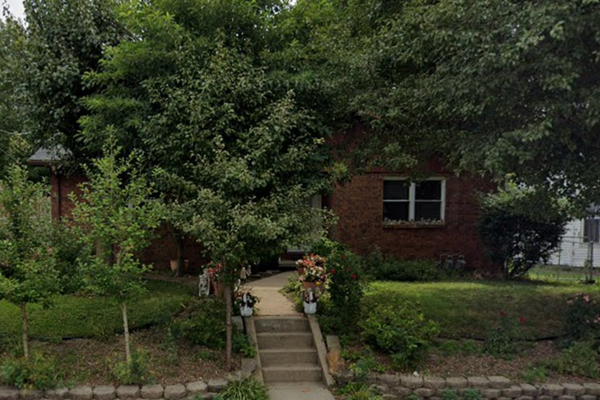
A prominent Ghanaian activist has accused authorities of subjecting him to a violent assault and illegal detention after he criticised the government in a series of Facebook posts.
Oliver Barker-Vormawor, a doctoral student at the University of Cambridge who founded the prominent “fix the country” protest movement, was arrested after he landed at Kotoka airport in Accra in February on a flight from the UK.
In a lawsuit he filed last month, he alleges that he had his passport confiscated before being taken to a room and beaten for more than three hours by security officials. He says he was then blindfolded and taken in a convoy of police and military vehicles to a cell on the outskirts of the city, where he was stripped and forced to give officers access to his phone.
In a call from a safe house in Ghana, Barker-Vormawor said his detention lasted for two months and included stints in solitary confinement. “The trauma of it is still there … I was suicidal,” he said.
Barker-Vormawor arrived back in the country during a crackdown on protesters from the movement he started. The demonstrations against worsening living standards, corruption and police abuses have continued in recent weeks, posing a challenge to the government, which is often portrayed internationally as a standard bearer of good governance in Africa.
Barker-Vormawor’s lawsuit alleges that while in detention, officials threatened him with being “disappeared”. It quotes an officer who Barker-Vormawor claims told him: “Person [sic] like you are like vermin, and every now and then we have to take the trash out.”
The trigger for his arrest was a Facebook post he had written a few weeks earlier in response to proposals for a controversial “e-levy” tax on financial transactions. “If this e-levy passes … I will do the coup myself,” Barker-Vormawor had written, in what he says was a tongue-in-cheek manner.
Government officials and the police, however, described the threat as genuine. “The post contained a clear statement of intent with a possible will to execute a coup,” police said, echoing an outcry from the government and its supporters.
The case of Barker-Vormawor, a former government adviser on access to justice and lawyer working at the UN office of legal affairs, has focused attention on the increasingly brutal treatment of government critics in Ghana.
Protests and anti-government activism have grown in recent years, in response to a worsening economy and corruption allegations against the government of the president, Nana Akufo-Addo.
In May, hundreds of people demonstrated for days in Ghana’s capital, Accra, before being dispersed by police with teargas. Twenty-nine protesters were arrested on suspicion of causing damage to public property.
As the protests have grown, so have allegations of abuse against Ghanaian authorities.
In June last year, Ibrahim Mohammed, an activist in the Ashanti region who had been critical of the government, was killed by armed men on his way home, prompting local protests by young people. Witnesses said police and military officials shot live rounds during the demonstrations, and that two people were killed and four others wounded.
Barker-Vormawor also accused the government and those supporting it of putting pressure on employers to sack activists from his movement. “People have lost jobs, in some cases, because people in the presidency called their employers,” he claimed. The government has been contacted for comment.
While many countries in west Africa have suffered coups, political turmoil, recessions, food scarcity and rampant insecurity, Ghana has often been seen as an emerging economy on the rise and a stable democracy in a troubled region.
Akufo-Addo was elected with widespread support in 2016 and won another four-year term in December 2020, though his support has waned as an economy seen as a rising star in the continent has suffered.
Barker-Vormawor said he regularly moves accommodation in response to threats against his life and that he feels for his family. “No one wants an activist as a son or a partner, but I definitely don’t want to stop what I’m doing,” he said “I think we’re in this for the long haul.”







